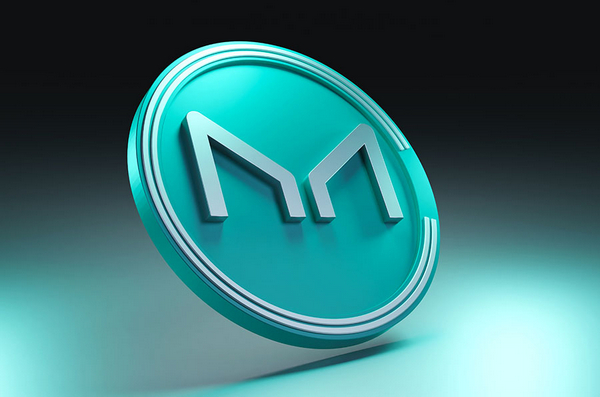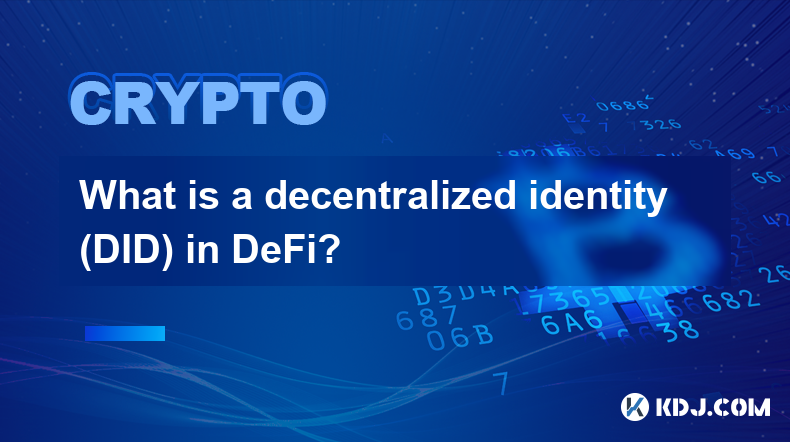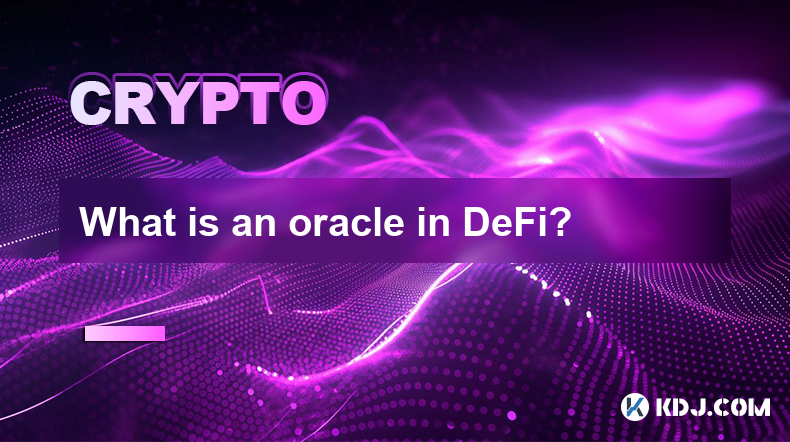-
 Bitcoin
Bitcoin $83,674.3428
-0.53% -
 Ethereum
Ethereum $1,813.5906
-0.62% -
 Tether USDt
Tether USDt $0.9998
0.00% -
 XRP
XRP $2.1545
0.86% -
 BNB
BNB $592.5788
-0.96% -
 Solana
Solana $120.8785
-1.15% -
 USDC
USDC $1.0000
0.00% -
 Dogecoin
Dogecoin $0.1697
-0.98% -
 Cardano
Cardano $0.6537
-1.90% -
 TRON
TRON $0.2368
-0.76% -
 Chainlink
Chainlink $12.9261
-0.67% -
 UNUS SED LEO
UNUS SED LEO $9.1443
-0.53% -
 Toncoin
Toncoin $3.2481
-4.54% -
 Stellar
Stellar $0.2537
-2.71% -
 Avalanche
Avalanche $17.7579
-3.08% -
 Shiba Inu
Shiba Inu $0.0...01236
-0.34% -
 Sui
Sui $2.2190
-2.35% -
 Hedera
Hedera $0.1625
-1.43% -
 Litecoin
Litecoin $82.9615
-2.05% -
 Polkadot
Polkadot $3.9649
-2.34% -
 MANTRA
MANTRA $6.2698
-0.27% -
 Bitcoin Cash
Bitcoin Cash $304.5065
0.54% -
 Dai
Dai $1.0002
0.01% -
 Bitget Token
Bitget Token $4.4617
-1.61% -
 Ethena USDe
Ethena USDe $0.9993
0.02% -
 Pi
Pi $0.6421
27.82% -
 Hyperliquid
Hyperliquid $12.0636
-0.56% -
 Monero
Monero $214.2889
-1.30% -
 Uniswap
Uniswap $5.8802
-0.78% -
 OKB
OKB $52.5690
5.00%
What is the issue volume of MKR coin? An article introduces the application scenarios of MKR coins
MKR coins facilitate stability fee adjustment, risk management, governance, token deflation, and DAI savings within the MakerDAO ecosystem.
Oct 03, 2024 at 04:54 am

1. What is the Issuance Volume of MKR Coins?
The total issuance volume of MKR coins is 1,000,000.
2. Application Scenarios of MKR Coins
MKR coins are mainly used in the following scenarios:
- Stability Fee Adjustment: When the utilization rate of the MakerDAO system (measured by the amount of Dai debt outstanding relative to the amount of collateral in the system) is above a certain target level, MKR holders can vote to adjust the stability fee charged on borrowed Dai.
- Risk Management: MKR holders can also vote to adjust the parameters of Maker's risk management system, such as the amount of collateralization required for each Dai loan and the liquidation threshold.
- Governance: MKR holders have the right to vote on all proposed changes to the MakerDAO system and protocol. This includes the ability to propose new features, update the governance structure, and create new products and services.
- Deflationary Token: MKR has a built-in deflationary mechanism whereby a portion of the stability fees collected is destroyed. This decreases the total supply of MKR tokens and increases their price.
- DAI Savings: MKR tokens can be deposited into the Dai Savings Rate (DSR) contract in the MakerDAO system to earn interest. The interest rate is determined by the demand for DAI and the supply of MKR.
Disclaimer:info@kdj.com
The information provided is not trading advice. kdj.com does not assume any responsibility for any investments made based on the information provided in this article. Cryptocurrencies are highly volatile and it is highly recommended that you invest with caution after thorough research!
If you believe that the content used on this website infringes your copyright, please contact us immediately (info@kdj.com) and we will delete it promptly.
- Is Ethereum (ETH) Dead as an Investment?
- 2025-04-06 08:40:12
- Bitunix exchange launches the Ultra version of K-line (candlesticks) on its mobile app integrated with TradingView
- 2025-04-06 08:40:12
- As XRP Has Become the Focus of the Market Due to Ripple's Legal Victory and ETF Expectations
- 2025-04-06 08:35:12
- Trump-Themed Coins Dominate the List of Top-Performing Cryptos Today
- 2025-04-06 08:35:12
- Meme Coins Could Be Solana (SOL)'s Secret Weapon to $1,000
- 2025-04-06 08:30:12
- Did BlackRock's CEO Just Describe XRP Without Saying Its Name? Plus, One Ripple Alternative You Haven't Heard Of
- 2025-04-06 08:30:12
Related knowledge

What is a decentralized identity (DID) in DeFi?
Mar 23,2025 at 11:57am
Key Points:Decentralized Identifiers (DIDs) offer a self-sovereign approach to digital identity management, crucial for DeFi's privacy and security needs.DIDs operate independently of centralized authorities, empowering users with control over their data.Integrating DIDs into DeFi applications enhances user privacy, reduces reliance on intermediaries, a...

What does "composability" mean in DeFi?
Mar 14,2025 at 12:36pm
Key Points:Composability in DeFi refers to the ability of different decentralized finance (DeFi) protocols to interact and combine seamlessly, creating novel financial products and services.This interoperability is a core tenet of the DeFi ecosystem, fostering innovation and efficiency.Understanding composability requires exploring its mechanisms, benef...

What is token economics in DeFi?
Mar 14,2025 at 03:20am
Key Points:Token economics in DeFi defines how tokens are used to incentivize and govern decentralized finance (DeFi) protocols.It encompasses token utility, distribution mechanisms, and economic models designed to ensure sustainability and growth.Understanding token economics is crucial for evaluating the long-term viability and potential risks of DeFi...

How are transaction fees calculated in DeFi?
Mar 14,2025 at 04:25am
Key Points:DeFi transaction fees vary significantly depending on the specific protocol, network congestion, and the complexity of the transaction.Gas fees, a crucial component, are paid in the native token of the blockchain (e.g., ETH on Ethereum).Factors influencing gas fees include the type of transaction, data size, and network demand.Protocols often...

What is an oracle in DeFi?
Mar 22,2025 at 06:50am
Key Points:Oracles bridge the gap between on-chain and off-chain data in DeFi, providing real-world information to smart contracts.Different oracle types exist, each with its own strengths and weaknesses, including centralized, decentralized, and hybrid oracles.Security and reliability are crucial concerns for oracles, as vulnerabilities can lead to sig...

What is a cross-chain bridge? What is its role in DeFi?
Mar 14,2025 at 10:00am
Key Points:Cross-chain bridges facilitate the transfer of assets between different blockchains.They are crucial for DeFi's interoperability, allowing users to access diverse applications and liquidity pools across various networks.Several types of cross-chain bridges exist, each with its own security and scalability trade-offs.Understanding the risks as...

What is a decentralized identity (DID) in DeFi?
Mar 23,2025 at 11:57am
Key Points:Decentralized Identifiers (DIDs) offer a self-sovereign approach to digital identity management, crucial for DeFi's privacy and security needs.DIDs operate independently of centralized authorities, empowering users with control over their data.Integrating DIDs into DeFi applications enhances user privacy, reduces reliance on intermediaries, a...

What does "composability" mean in DeFi?
Mar 14,2025 at 12:36pm
Key Points:Composability in DeFi refers to the ability of different decentralized finance (DeFi) protocols to interact and combine seamlessly, creating novel financial products and services.This interoperability is a core tenet of the DeFi ecosystem, fostering innovation and efficiency.Understanding composability requires exploring its mechanisms, benef...

What is token economics in DeFi?
Mar 14,2025 at 03:20am
Key Points:Token economics in DeFi defines how tokens are used to incentivize and govern decentralized finance (DeFi) protocols.It encompasses token utility, distribution mechanisms, and economic models designed to ensure sustainability and growth.Understanding token economics is crucial for evaluating the long-term viability and potential risks of DeFi...

How are transaction fees calculated in DeFi?
Mar 14,2025 at 04:25am
Key Points:DeFi transaction fees vary significantly depending on the specific protocol, network congestion, and the complexity of the transaction.Gas fees, a crucial component, are paid in the native token of the blockchain (e.g., ETH on Ethereum).Factors influencing gas fees include the type of transaction, data size, and network demand.Protocols often...

What is an oracle in DeFi?
Mar 22,2025 at 06:50am
Key Points:Oracles bridge the gap between on-chain and off-chain data in DeFi, providing real-world information to smart contracts.Different oracle types exist, each with its own strengths and weaknesses, including centralized, decentralized, and hybrid oracles.Security and reliability are crucial concerns for oracles, as vulnerabilities can lead to sig...

What is a cross-chain bridge? What is its role in DeFi?
Mar 14,2025 at 10:00am
Key Points:Cross-chain bridges facilitate the transfer of assets between different blockchains.They are crucial for DeFi's interoperability, allowing users to access diverse applications and liquidity pools across various networks.Several types of cross-chain bridges exist, each with its own security and scalability trade-offs.Understanding the risks as...
See all articles





















































































